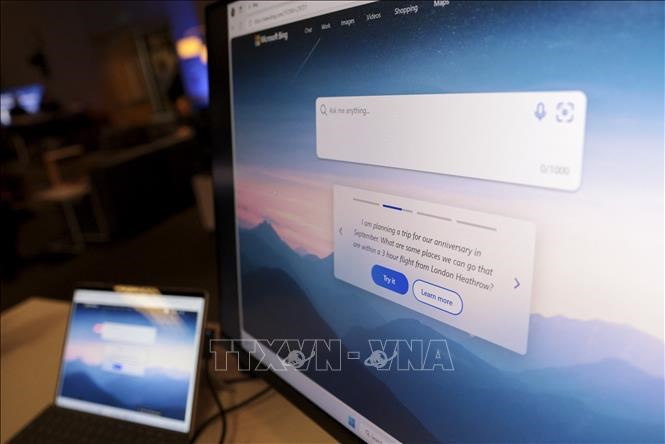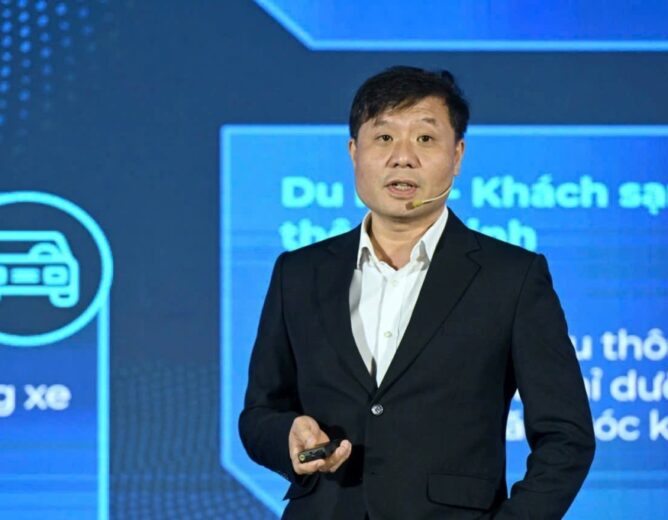Mr. Masayoshi Takemi, CEO of the company’s semiconductor and device segment, said the high-speed and high-volume computing power of artificial intelligence (AI) is driving device sales. of Mitsubishi Electric. The strengths of these devices are low power consumption and low heat generation.
Due to large demand, Mitsubishi is expected to increase optical component production capacity by 50% compared to 2023 in September 2024.
According to Mitsubishi Electric, the company now controls nearly half of the global market for optical transmission devices in data centers, thanks in part to its ability to balance the speed and output of its modulating laser diodes. electron absorption.
Mr. Takemi said that it can be said that all companies operating super-large data centers in the US, or “hyperscalers”, are customers of Mitsubishi Electric, but he did not reveal their specific identities. can. The US is home to some of the world’s largest “hyperscalers” such as Amazon.com, Microsoft, Alphabet, Meta Platforms and Apple.
Takemi’s comments are the latest sign that demand for AI infrastructure continues to grow, even as investors struggle to price the technology’s impact on sales. Future sales of companies.
Mr. Takemi said demand from the top five data center providers in the US was “very strong” and “still growing”.
According to market research firm LightCounting, next-generation data centers are operating at speeds ranging from 800 gigabits per second to 1.6 terabits per second, up from about 400 gigabits per second previously.
Optical components make up just a small part of Mitsubishi Electric’s business, which ranges from factory robots to train systems, power plant operations and satellite equipment. Semiconductors and equipment accounted for less than 4% of the company’s revenue last fiscal year, with semiconductors used in industrial machinery and electric vehicles accounting for nearly 90% of that figure.






